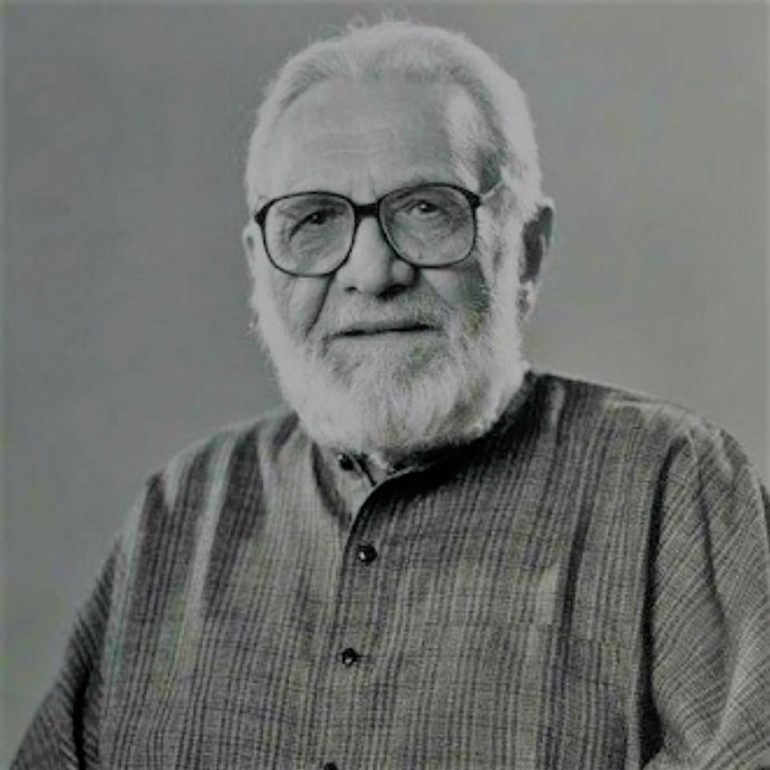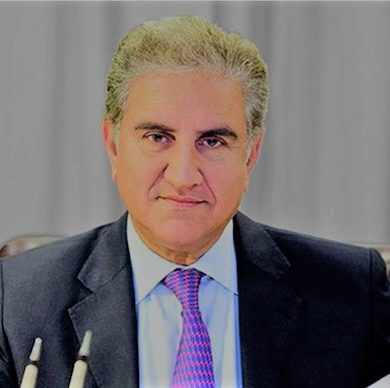Ashfaq Ahmad was a legendary writer and broadcaster, with a refined mastery over the Urdu language that earned him fame comparable to Saadat Manto.
Born on 22nd August 1925 in Punjab, British India, to a Pashtun family, Ashfaq Ahmad migrated to Pakistan in the partition of 1947. Then he did his post-graduate (Masters) from Government College Lahore in Urdu Literature. He first started his career with broadcasting at the Azad Kashmir Radio Station, where he performed excellently, after which he taught Urdu for some time at the University of Rome, Italy.
Returning from Italy he published his literary magazine ‘Dastan Go’ and started as a scriptwriter at Radio Pakistan. Following this, his short story ‘Gaddarya’ earned him the spotlight in 1955 and led to the upstart of his writing journey, as he wrote more than twenty books, and numerous plays, short stories, and novels. He also started his radio program called ‘Talqeen Shah’ which became highly popular among the people, as it went on for three decades, the lengthiest weekly radio act of the Indian sub-continent.
Among his many renowned works include Zaviya, Hairat Kadah, Aik Muhabbat Sau Afsanay, Baba Sahba, Safar Dar Safar, and Mun Chalay Ka Sauda. He also composed various plays Uchhay Burj Lahore De, Tali Thallay, and Tota Kahani. Moreover, he made a feature film in the 60s called Dhop aur saya.
He was also married to another renowned author named Banu Qudsia who herself is a celebrated literary figure.
Furthermore, Ashfaq Ahmad was awarded both the Sitar-e- Imtiaz and Presidential Pride of Performance award (Sadarti Aizaz Barai-Husn-Karkardagi).
He passed away in the year 2004, at 79 years old, in Lahore.
Some of his famously known quotes are as follows,
“Yeh theek hai k tum ek gulab nhi ban saktye magr iska matlab tu nhi k ek kanta ban jao yahan ek raz ki baat hai aur woh tumhein bata deta hun k jo shaks kanta nhi banta woh bal akhr gulab ban hi jata hai.”
“Insan par kae tarah ka bojh hota hai humarye uper sab sy badha bojh takabur ka hota hai aur hum yeh janye bagher k khuda k nazdek kon badha hai kon ghatiya faislye khud hi kartye rehtye hein.”



